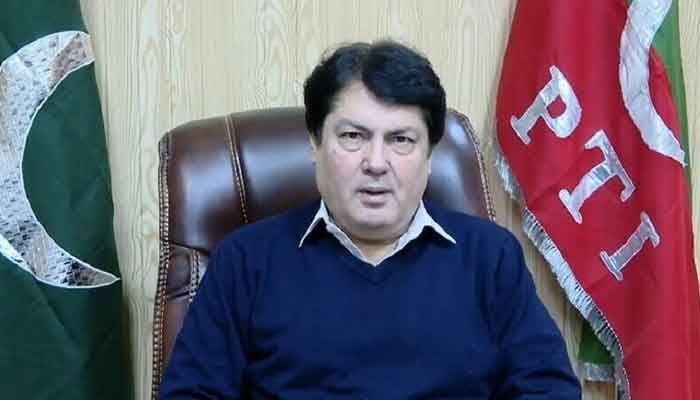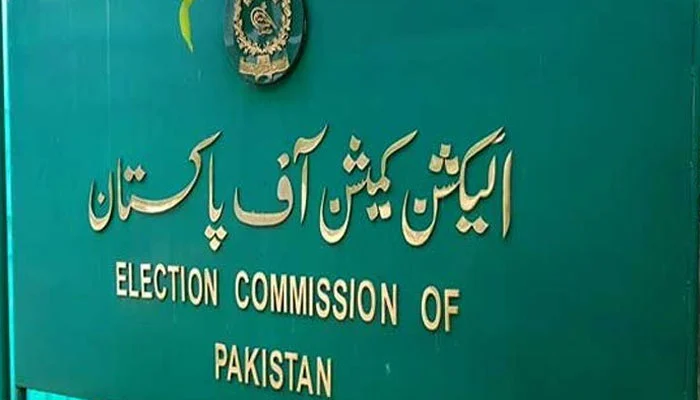Government Moves Forward with Supreme Court Reforms: Key Bills for Judicial Procedure and Judge Expansion to be Tabled in National Assembly
In a significant legislative development, Barrister Aqeel Malik, Member of the National Assembly (MNA), announced that two key legislative proposals related to the judiciary—the Supreme Court Practice and Procedure Act and a 2024 Ordinance—are set to be presented in the National Assembly. Malik shared details of these important measures during his appearance on the popular Geo News program “Naya Pakistan.”
The 26th Constitutional Amendment and Supreme Court Bench Formation
One of the main aspects of the proposed Supreme Court Practice and Procedure Act involves the formation of constitutional benches. Malik explained that the legislation, under the 26th Constitutional Amendment, seeks to clarify certain powers conferred by Article 184(3) of the Pakistani Constitution. This article grants the Supreme Court jurisdiction to intervene in cases of public importance and human rights issues.
The Practice and Procedure Act aims to provide greater structure to the formation of constitutional benches. This move is expected to streamline judicial proceedings by clearly defining the circumstances under which constitutional benches can be formed, as well as establishing guidelines for the Supreme Court’s discretionary powers under Article 184(3). With this legislative effort, the government aims to ensure greater transparency and fairness within the judicial system.
Bill for Expanding the Number of Judges
In addition to the Practice and Procedure Act, another key legislative item being proposed is a bill that seeks to increase the number of judges in the Supreme Court. Barrister Aqeel Malik noted that this proposal, introduced by private member Abdul Qadir, will also be tabled in the National Assembly on Monday. The goal of this bill is to improve the efficiency of the court system by addressing the growing caseloads and ensuring that cases are adjudicated in a timely manner.
Malik clarified that the increase in the number of judges does not require a two-thirds majority in the National Assembly, as it is not a constitutional amendment. Instead, it only needs a simple majority to pass, making it feasible for the government to move forward with this initiative if it garners sufficient support.
Addressing Misconceptions about Judicial Reforms
Barrister Malik also responded to certain criticisms and rumors surrounding the proposed legislation. He pointed out that there has been speculation about the government’s intentions with these judicial reforms, with some claiming that the administration is attempting to influence the judiciary by “bringing its own judges.” Malik was quick to dismiss this notion, emphasizing that the proposed changes are intended solely to improve the functionality of the Supreme Court and enhance the judicial system as a whole.
“The government is not seeking to install its own judges,” Malik stated. “These reforms are aimed at strengthening the judiciary’s structure, efficiency, and overall transparency, rather than compromising its independence.”
Legislative Path and Expected Impact
If passed, the proposed bills could bring significant changes to Pakistan’s judicial landscape. The increase in the number of judges will likely enable the Supreme Court to manage its case backlog more effectively. By adding more justices to the bench, the court would be better equipped to hear cases promptly, thereby improving access to justice for the public.
Similarly, the Practice and Procedure Act seeks to ensure consistency in the formation of constitutional benches, with clear criteria for their establishment. This is expected to foster greater public trust in the judiciary by providing a more transparent and predictable framework for judicial decision-making, especially on matters of national importance.
A Step Towards Judicial Independence and Efficiency
The government’s recent legislative push has been characterized as a response to growing concerns about judicial delays and procedural inconsistencies. By implementing reforms to streamline judicial procedures and enhance the Supreme Court’s ability to handle its caseload, the government aims to reinforce the judiciary’s role as a fair and efficient arbiter of justice.
The Supreme Court has faced increased scrutiny over its handling of cases under Article 184(3), as well as criticism for delays in important cases. Proponents of the proposed reforms argue that giving clarity to Article 184(3) and ensuring the organized formation of constitutional benches will help address these issues, ultimately strengthening the Supreme Court’s capacity to uphold the rule of law.
As the Supreme Court Practice and Procedure Act, the 2024 Ordinance, and the judge expansion bill make their way to the National Assembly, they represent a critical moment for Pakistan’s judicial system. By seeking a simple majority to pass these reforms, the government demonstrates its commitment to a more functional, transparent, and efficient judiciary. While criticism persists, the focus remains on providing a robust framework for justice, improving the Supreme Court’s capacity, and promoting judicial integrity across Pakistan.
As these bills come under parliamentary consideration, the government is expected to advocate for their potential to strengthen the judiciary, improve the handling of high-profile cases, and address public demands for a fairer and more effective legal system. The outcome of these legislative efforts will ultimately shape the future of Pakistan’s judicial process and reinforce the nation’s commitment to constitutional governance.



